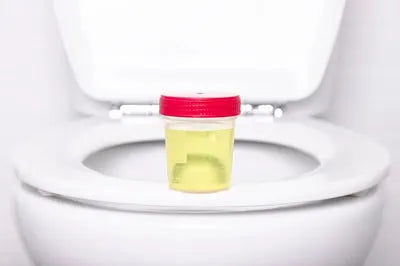Urinary Incontinence Overview
Urinary Incontinence is the inability to control the release of urine from the bladder, which leads to an unexpected release. It is associated with weak bladder muscles. Many people are under the wrong impression that it is a health condition associated with ageing, but that’s not true! In fact, it is a pathological health issue that can happen to anyone, in any age group. This unawareness usually leads to a delay in identifying the problem of incontinence.
However, most incontinence cases, if diagnosed early, are treatable. Even if it can’t be treated, one can surely attempt to live a better, more relaxed life with certain lifestyle changes and managing it with adult diaper pants. However, before deciding about treatment options, it is important to first identify it, as its treatment is primarily dependent on the root cause and severity of the issue.
Here are the symptoms of urinary incontinence:
● Sudden urge to urinate
● Urine leaks due to anything that exerts pressure on the bladder, be it coughing or sneezing
● Urine leaks while going to the toilet
● Releasing urine at a frequent rate
● Bedwetting while sleeping
● Frequent urinary tract infections
● Inability to empty the bladder completely
● Weak urine flow
● Trying too hard to empty the bladder completely.
If you are facing any of the symptoms given above, you might have urinary incontinence. It’s time you visit a specialist and get a check-up, in order to identify and treat the issue properly. Meanwhile, you can manage it with adult diapers. We, at Friends Adult Diapers, have a wide range of comfy, relaxing adult diapers for women as well as men. Not only that, you can also find highly effective overnight diapers for adults at our collection, which will surely enable you to sleep well with no worries.
Urinary Incontinence Risk Factors
Mostly, incontinence is an effect of the root cause. It is essential to evaluate the risk factors associated with urinary incontinence, as it helps to identify the root cause. The following are the risk factors associated with urinary incontinence:
● Pregnancy
● Vaginal Delivery
● Menopause
● Urinary tract infections
● Constipation
● Obesity
● Mobility issues
● Conditions like Alzheimer’s disease, Arthritis, Parkinson’s disease, diabetes, heart issues, and prostate problems
● Certain surgical treatments like prostatectomy and hysterectomy.
In order to treat or manage incontinence, one needs to determine the root cause, which is a major determinant of the treatment they should opt for. Not only that, but it also depends on the severity of the issue as well as the person suffering from urinary incontinence. It can be surgical treatment or medication or a combination of both; adult diapers and other incontinence aids are primarily used to manage one’s incontinence better. On a different note, it is also important not to be ashamed of it and try to be vocal about anything that is directly or indirectly linked to urinary incontinence, as it helps to resolve the issue faster.
















